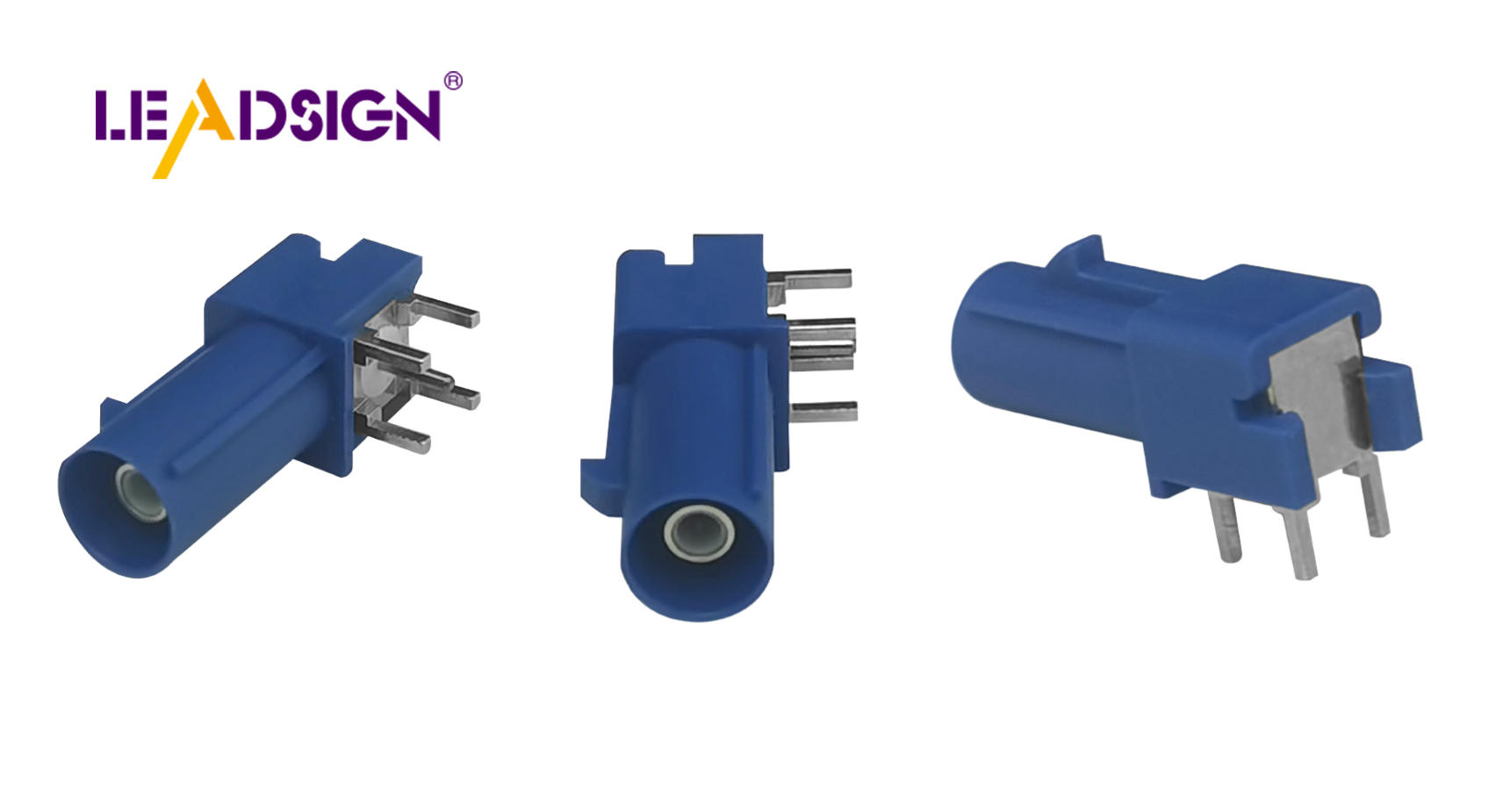How to Identify Automotive Electrical Connectors Types for Replacement

Finding the right automotive electrical connectors types is important. It keeps your car safe and working well. You need to change connectors when they are old or broken. This can be hard because there are many types of connectors. They often look alike, which makes it confusing. Picking the wrong one can cause problems. Knowing how to identify them correctly helps you fix things easily. This way, your car will work smoothly.
Understanding Car Electrical Connectors
When fixing cars, knowing connector types is key. They help your car's electric parts work well. Let's look at the main parts and common types of connectors.
Main Parts of Car Electrical Connectors
Knowing these parts helps you pick the right connector.
Pins and Sockets
Pins and sockets are in every connector. They join wires together. Pins are in male connectors; sockets are in female ones. The number changes how they fit with systems.
Housing and Insulation
Housing keeps pins safe from things like water and dust. Insulation stops wires from touching each other. Different materials give different protection levels.
Common Car Electrical Connector Types
Let's see some usual car connectors you might find.
Blade Connectors
Blade connectors are flat rectangles. They slide into slots to connect. They're common because they're simple and work well with medium power.
Bullet Connectors
Bullet connectors are round and fit into sockets securely. They're used in motorcycles and old cars for low to medium power needs.
Square Connectors
Square connectors come in many sizes for specific jobs in cars. Their shape makes them easy to spot and match up correctly, often found in wire bundles or complex systems.
Knowing these parts and types helps you choose wisely when changing car parts, keeping your car's electric system strong and reliable.
Steps to Find Connector Types
Finding the right car connectors can be tricky. But don't worry, with some steps, it gets easier. Let's learn some simple ways to help you out.
Look Carefully
Looking closely is your first step in finding connector types. It's like being a detective, searching for clues that tell you what you need.
Check for Maker Marks
Start by looking at the connector carefully. Many have maker marks or numbers on them. These marks are like secret codes that help find the right one. If you see any letters or numbers, write them down. You can use these online or ask experts to find a match. This step is important because it helps narrow choices.
Know Connector Shape and Size
Next, look at the shape and size of the connector. Car connectors come in shapes like round, square, or rectangle. The shape shows its job or fit with systems. Measure if needed. This helps compare with other choices. Even small differences in shape or size matter.
Use Tools to Help
Sometimes eyes aren't enough; tools can help more.
Use a Multimeter
A multimeter checks electrical parts easily. Test how pins connect inside with it. This makes sure the new connector works well in the system.
Try Connector Kits
Think about using connector kits too. They have sample connectors and guides to match yours easily. It's like having a cheat sheet that makes things simpler.
By doing these steps, you can find the right car connectors confidently for replacement.
Best Practices for Connector Replacement
When changing automotive electrical connectors types, follow good steps. This makes sure everything goes well. Let's see how to pick and put in the right connector.
Picking the Right Connector
Choosing the right connector is important for your car. Here's how to do it:
Matching Matters
First, make sure the new connector fits your car's needs. Check pins, shape, and size. These things show if it will work right. Look at your car's book or online info for help. If unsure, ask experts like Connector Experts. They can look at pictures of your old connector and help find a match.
Strong and Lasting
Next, think about strength and lasting power. Good connectors handle tough conditions and last longer. Find ones made from strong stuff that won't rust or break easily. Spending on strong connectors saves time and money later because you won't need to change them often.
How to Install
After picking the right one, putting it in correctly is key for a good connection.
Making Sure It's Tight
Clean where you'll put the connector first. Dirt can mess up connections. Make sure wires are bare enough and fit tight in the connector. A snug fit stops loose connections that cause problems. Use tools like crimpers to hold wires tight.
Checking It Works
After putting it in, test the new connector to see if it works right. Use a multimeter to check electricity flow and make sure all parts connect well. Testing finds problems early so you can fix them before they get worse.
By doing these steps, you can change automotive electrical connectors types confidently, keeping your car's electric system working great.
Finding the right car connectors is very important. Look for maker marks and know connector shapes to find the right type. Using correct connectors helps your car's electric system work well. Always follow good steps for safety and efficiency. A tight connection keeps your car safe and working right. So, choose carefully and install with care. Your hard work will help keep your car in great condition for a long time.
See Also
Exploring Ford Fakra Connectors: A Comprehensive Overview
Understanding HSD Connectors: Essential in Automotive Sector
Significance of FAKRA Connectors in Automotive Uses

